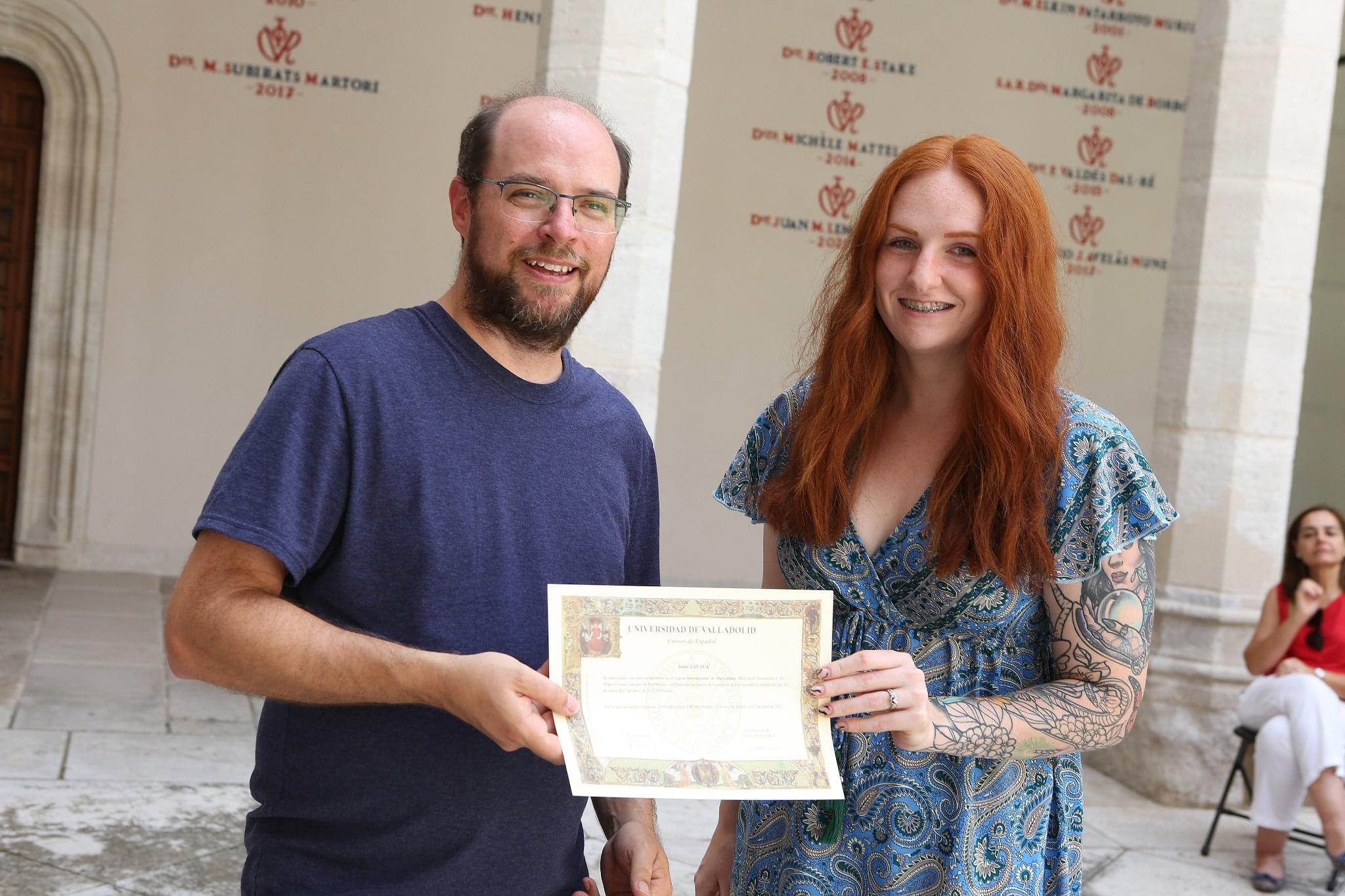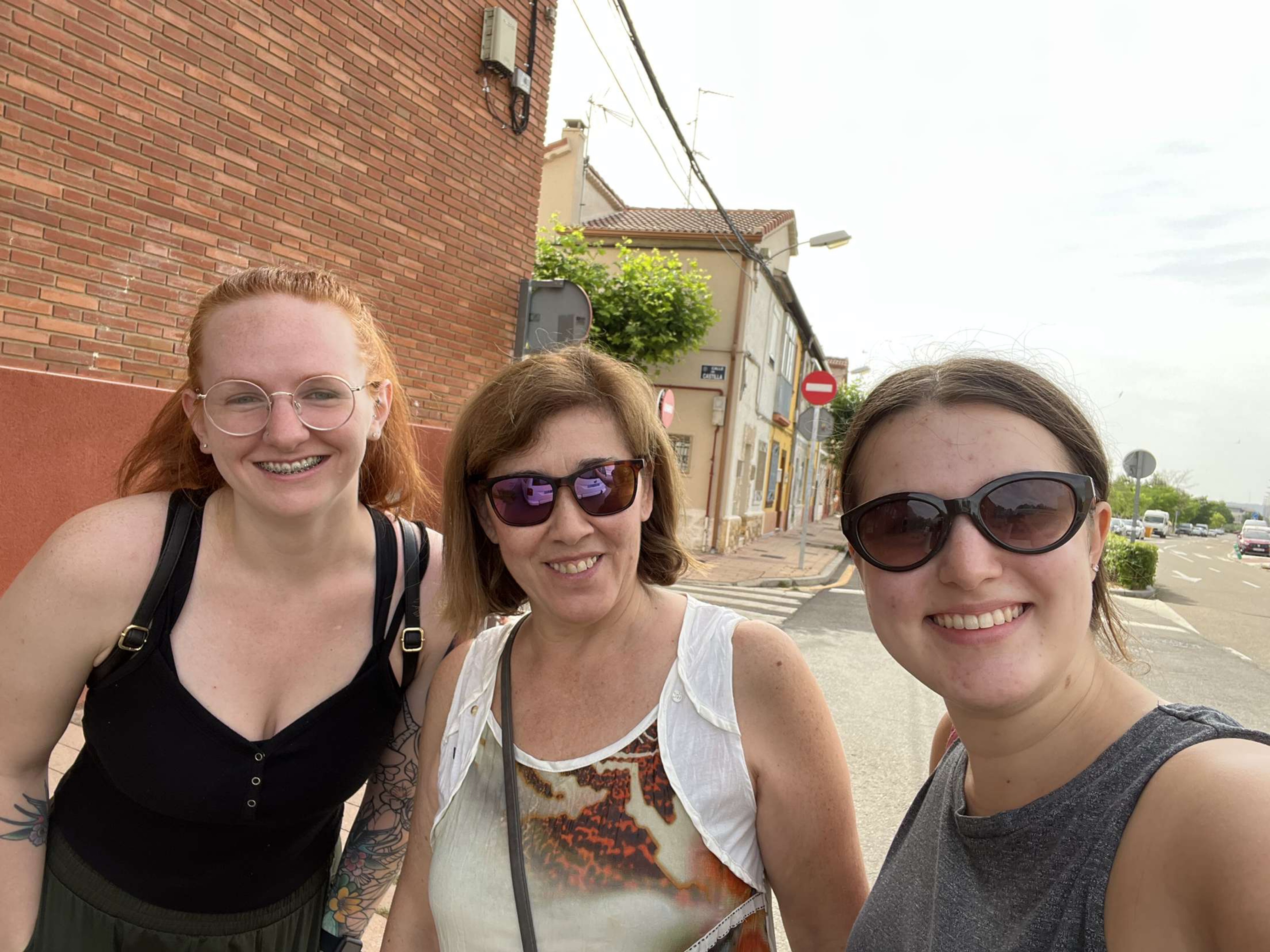
Communicating in a New World
For my final blog abroad, I would like to touch on how communicating in Spain has been. I am majoring in Architecture and Spanish and I have been to Mexico several times. I also have family in-law who are from Mexico, so I am relatively versed in hearing Spanish being spoken around me. As far as actually using my Spanish in real-life conversations, I lack in that area which is majorly the reason I decided to study in Spain; I wanted to be able to communicate better with more people. Since I have now spent nearly 5 weeks in Spain, I have a more well-rounded understanding of language differences between Spain’s Castellano Spanish and the Spanish I hear on the border of El Paso, Texas and Ciudad Juarez, Mexico. I have also been around Catalan Spanish, which has been super interesting to learn about.
When I first arrived in Barcelona, Spain I was definitely stunned and sometimes confused. I understood a lot of what people said, but Catalan is spoken the most in Barcelona and to someone who is not a native speaker, it can be difficult or impossible to figure out a lot of words without some kind of dictionary or translator. I was shocked at how different it sounded and looked. I felt as though my first week getting acclimated to Spain was the most difficult as I was nervous to speak Castilian in general, and much more in front of people who may deeply prefer Catalan.
Starting off my second week through the end of my fourth week in Spain, I lived with my host family who spoke Castilian Spanish and it was much easier for me to understand. However, I was not prepared for hearing verbs conjugated in the “vosotros” form, much less being able to smoothly speak using vosotros. In Spanish, verb endings change based on who you are talking about. For example, ‘bailar’ means ‘to dance’. When conjugated it turns into bailas, baila, bailas, bailan, bailamos, and bailías. The last one is the vosotros from and sounds very different from any of the others. Throughout school, it is not uncommon to skip the vosotros form because mainly Spain only uses this form. We are told “you’ll only use this if you go to Spain.” Well, now here I am living with a Spanish family with a roommate and all I hear is the vosotros form of verbs due to the meaning of the word. Vosotros means, as midwesterners and southerners say it, ‘ya’ll’. It took two out of the three weeks with the family to get used to hearing vosotros and begin to use it ourselves. This was not a super easy transition.
In addition, culture and language class taught me about differences in words such as ‘coche’ instead of ‘carro’ for ‘car’, ‘coger’ instead of ‘tomar’ for ‘to take’, as well as the importance of using ‘ñ’ at the correct times. Also, instead of ‘okay’ being the same in both American Spanish and American English, they use ‘vale’ in place of this. Vale also can mean ‘its okay’, ‘right’, ‘good’, or just ‘OK’. These are just a few of the differences I have learned during my 5 weeks in Spain.

